When Jaker Ali Anik stepped up as Bangladesh’s stand-in captain, he didn’t just take the field—he issued a challenge. On the Asia Cup 2025 T20 virtual semifinalDubai International Stadium, Anik looked directly at Pakistan’s squad and said, in effect: Don’t count us out. The match, set for September 28, 2025, isn’t just about advancing to the final against India—it’s about rewriting a decade of psychological baggage. Bangladesh has lost 20 of their last 25 T20I meetings with Pakistan. But Anik isn’t talking stats. He’s talking spirit.
History Isn’t Destiny
The numbers are brutal. In 25 T20I clashes, Bangladesh has won just five. Pakistan’s last victory over them came in the 2023 Asia Cup, a 7-wicket thrashing in Dhaka. But cricket, especially in high-pressure moments, rarely follows spreadsheets. Anik reminded reporters during his September 27 press conference that he’d played Pakistan twice before—once in Lahore, once in Chattogram. "Those experiences will surely be valuable," he said, his voice steady. Not boastful. Not defensive. Just factual. And that’s what made it dangerous.He wasn’t alone in that mindset. Veteran fast bowler Mustafizur Rahman, who took 3-22 against Pakistan in their last meeting, told reporters: "They think we’re nervous because we’ve lost before. We’re not nervous. We’re hungry. They’ve forgotten what it feels like to be chased down in this format."
The Stakes Are Higher Than the Scoreboard
This isn’t just a semifinal—it’s a lifeline. Pakistan had been written off after losses to India and New Zealand. But their five-wicket win over Sri Lanka at Sheikh Zayed Stadium on September 23 revived their campaign. They needed to win. They did. Now, they’re one win away from the final. But here’s the twist: their path to the final has been marred by controversy. Haris Rauf and Sahibzada Farhan were fined by the ICC for aggressive gestures toward Indian players after a contentious caught-behind dismissal of Fakhar Zaman. Their captain, Salman Ali Agha, even refused to rule out similar behavior in the final. That’s not just poor sportsmanship—it’s a liability.Bangladesh, by contrast, has kept a low profile. No finger-pointing. No theatrics. Just focus. And that’s exactly what Anik wants to weaponize. "We’ve been underestimated before," he said. "And we’ve come back. This time, we’re not waiting for luck. We’re making our own."
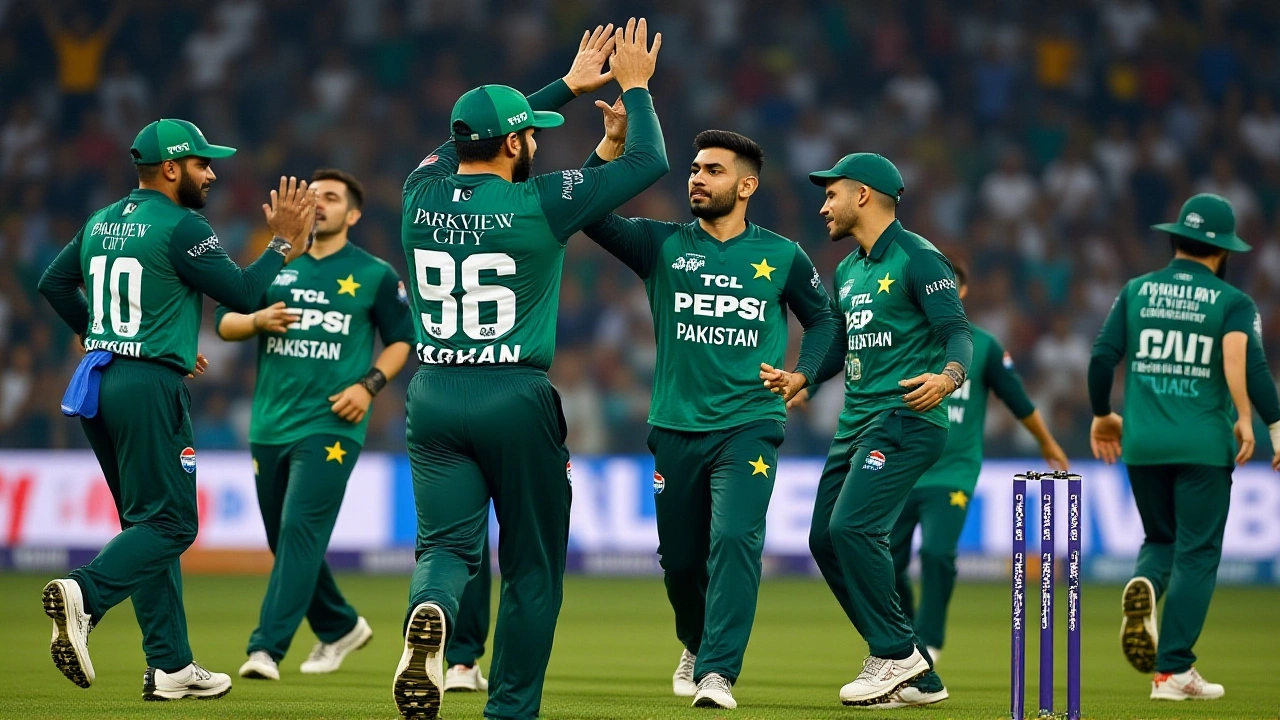
Behind the Scenes: Cricket’s Quiet Wars
While fans watch the match, off-field tensions simmer. The Pakistan Cricket Board recently turned down a proposal from the Bangladesh Cricket Board for a December 2025 tri-series involving Sri Lanka. Why? Player workload. Shaheen Afridi and Babar Azam are already committed to the Big Bash League from mid-December to late January. That’s a big deal—Pakistan’s leadership is stretched thin. Meanwhile, the BCB is scrambling to adjust the Bangladesh Premier League schedule due to provincial elections, with a potential shift to May under consideration. "We’ll wait for the government’s call," said BCB official Mahbub. The message? Cricket is no longer just about the game—it’s about politics, calendars, and power plays.Even the tournament structure is messy. The ICC Champions Trophy 2025 match between Pakistan and Bangladesh in Rawalpindi was abandoned due to rain, with both teams awarded one point. India’s dominance—41-run win over Bangladesh on September 24—has already locked them into the final. That means the India-Sri Lanka match on September 26 is a dead rubber. But the Pakistan-Bangladesh clash? It’s everything.
What Happens If Bangladesh Wins?
If Bangladesh pulls off the upset, it won’t just be their first win over Pakistan in a major tournament since 2016—it’ll be a seismic shift in regional cricket dynamics. It would mean Bangladesh, ranked 9th in T20Is, defeating the 5th-ranked team on the biggest stage. It would force Pakistan to answer for their on-field conduct. It would give Anik, a 24-year-old middle-order batter with just 12 T20I caps, a legacy-defining moment.And if Pakistan wins? They’ll face India with momentum—but also with the weight of controversy. Their fans might cheer. But the ICC, the broadcasters, and the global cricket community will be watching closely. Will they play clean? Or will they bring the same tension that’s already stained this tournament?
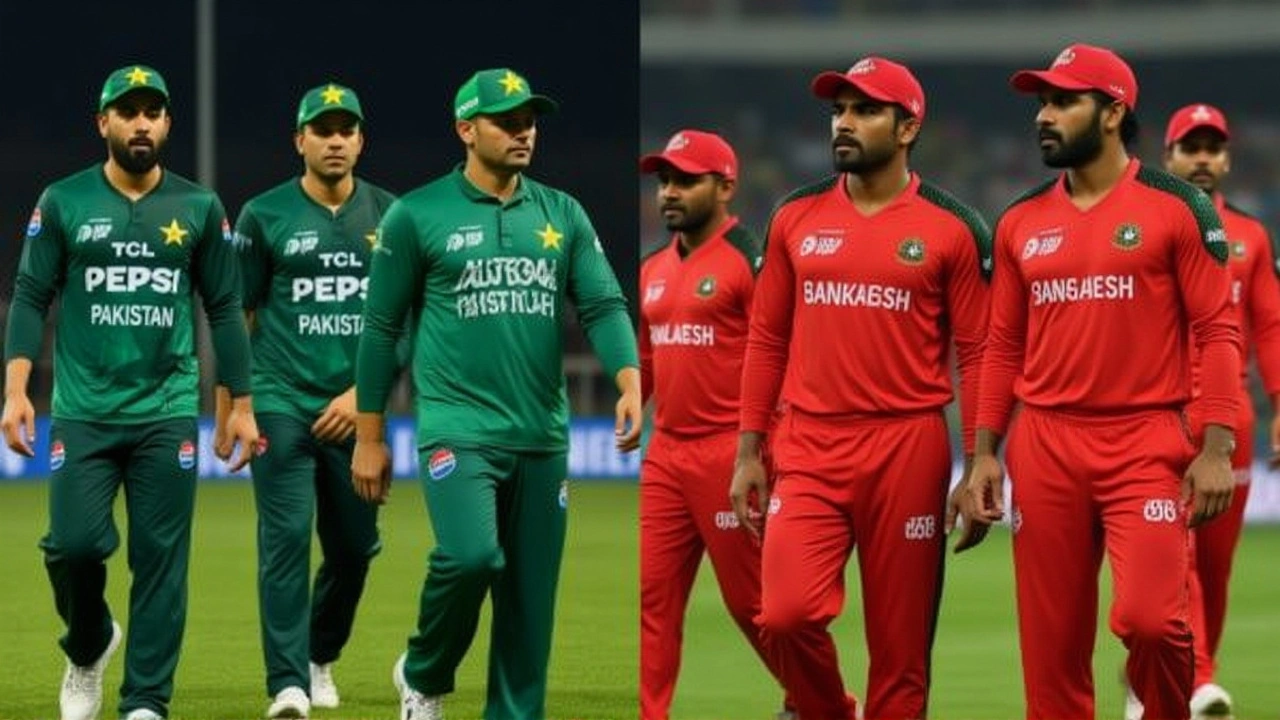
Who’s Playing?
- Bangladesh: Jaker Ali Anik (c), Litton Das (injured), Tanzid Hasan, Parvez Hossain Emon, Saif Hassan, Tawhid Hridoy, Shamim Hossain, Quazi Nurul Hasan Sohan, Shak Mahedi Hasan, Rishad Hossain, Nasum Ahmed, Mustafizur Rahman, Tanzim Hasan Sakib, Taskin Ahmed, Shoriful Islam, Shaif Uddin
- Pakistan: Salman Ali Agha (c), Abrar Ahmed, Faheem Ashraf, Fakhar Zaman, Haris Rauf, Hasan Ali, Hasan Nawaz, Hussain Talat, Khushdil Shah, Mohammad Haris, Mohammad Nawaz, Mohammad Waseem Jnr, Sahibzada Farhan, Saim Ayub, Salman Mirza, Shaheen Afridi, Sufyan Moqim
Look closely: Bangladesh’s squad has six bowlers who’ve taken 10+ wickets in T20Is this year. Pakistan has five top-order batsmen who’ve scored over 200 runs each. It’s not just a clash of teams—it’s a clash of styles. Batting depth vs. bowling firepower. Pressure vs. poise.
Frequently Asked Questions
Why is this match called a 'virtual semifinal'?
It’s called a virtual semifinal because India has already qualified for the final after beating Bangladesh on September 24. The winner of the Pakistan-Bangladesh match will be the second team to advance, making this match functionally identical to a semifinal—even though it’s technically part of the Super Fours stage. There’s no formal semifinal round in this format.
How has Bangladesh’s performance improved compared to past Asia Cups?
In 2022, Bangladesh lost all three Super Four matches. This time, they’ve won one and lost only to India by 41 runs—a far narrower margin than their 7-wicket loss in 2023. Their spinners, especially Nasum Ahmed, have been economical, and younger players like Tawhid Hridoy have shown composure under pressure. They’re no longer just participants—they’re contenders.
What impact could this match have on future Pakistan-Bangladesh fixtures?
A Bangladesh win could end decades of psychological dominance by Pakistan. It might lead to more bilateral series between the two, especially if Bangladesh’s confidence carries into the 2026 T20 World Cup qualifiers. Conversely, a Pakistan win might reinforce their belief that they can intimidate Bangladesh—potentially leading to more aggressive, less disciplined play in future encounters.
Why did Pakistan reject the proposed T20I tri-series with Bangladesh and Sri Lanka?
The Pakistan Cricket Board cited player workload concerns, as key players like Shaheen Afridi and Babar Azam are committed to the Big Bash League from December 2025 to January 2026. With Pakistan already hosting a tri-series against Sri Lanka and Zimbabwe in November, the PCB opted to avoid scheduling congestion. It’s a sign of growing fatigue in international cricket’s overloaded calendar.
Are there any rule changes expected after the ICC fines on Pakistan players?
The ICC has not announced formal rule changes, but sources say a review of on-field conduct protocols is underway, particularly around celebratory gestures that could be interpreted as unsportsmanlike. The fines on Haris Rauf and Sahibzada Farhan may be the first step toward stricter enforcement, especially in high-tension matches between regional rivals.
What’s next for Bangladesh after this tournament?
If Bangladesh loses, they’ll turn focus to the 2026 T20 World Cup qualifiers. If they win, they’ll carry momentum into their home series against Sri Lanka in November and possibly push for a more aggressive BPL schedule. Either way, Anik’s leadership could cement him as Litton Das’s long-term successor—especially if he leads them to their first major tournament final since 2012.
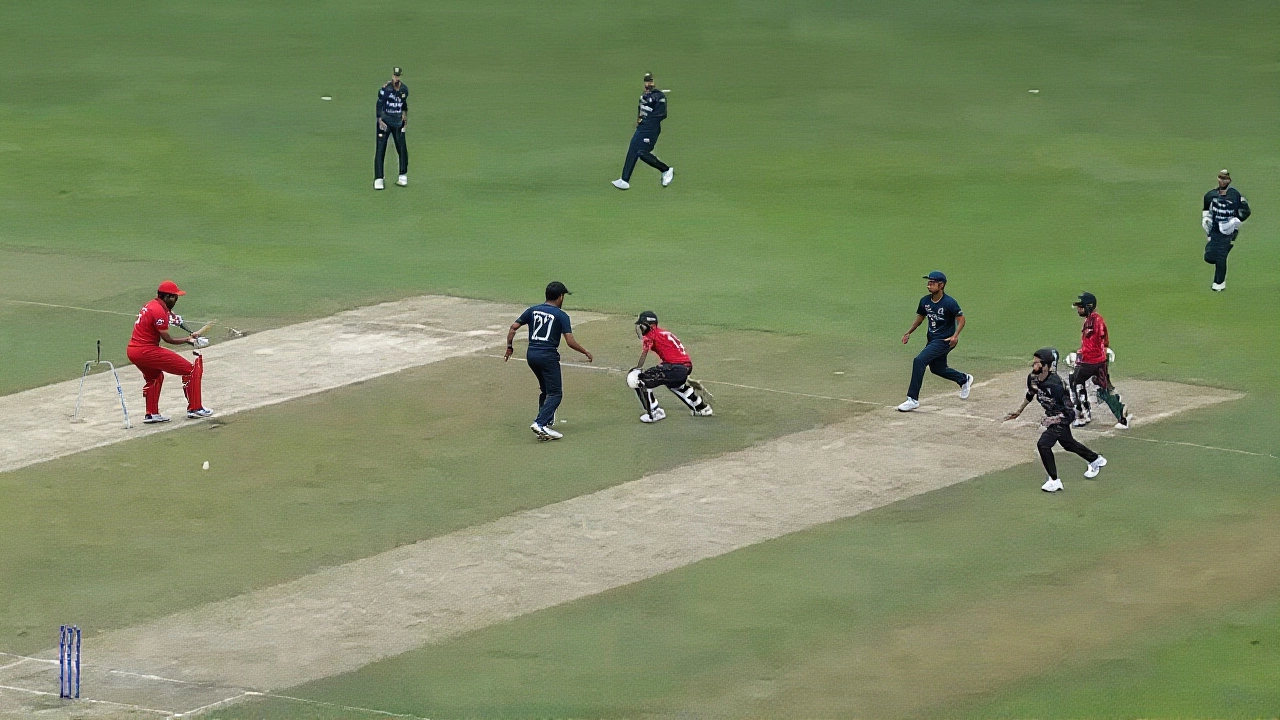

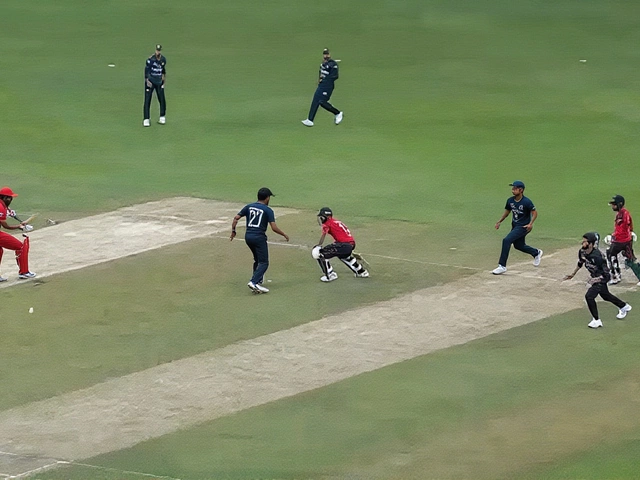




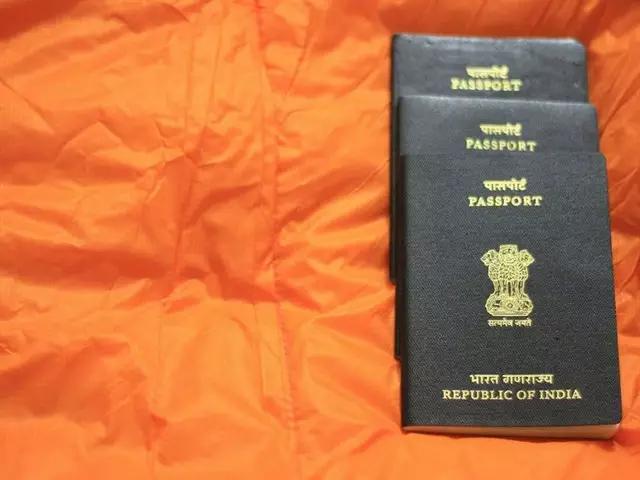
Write a comment